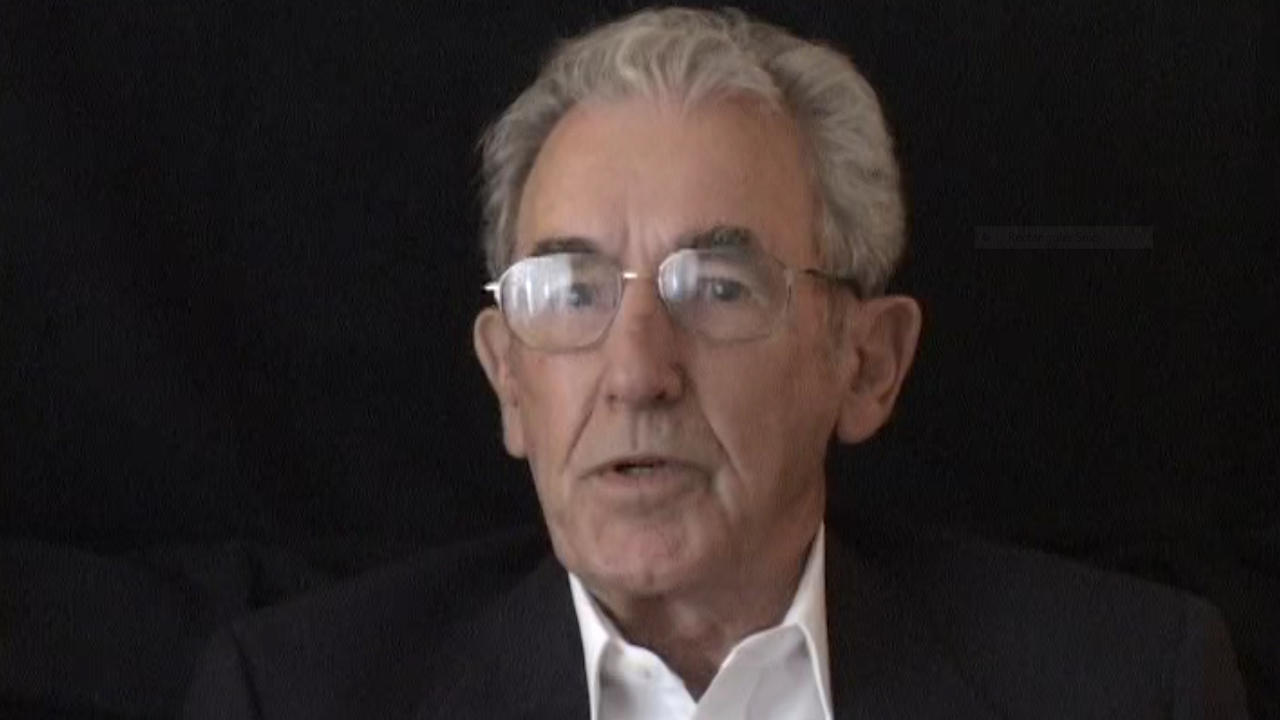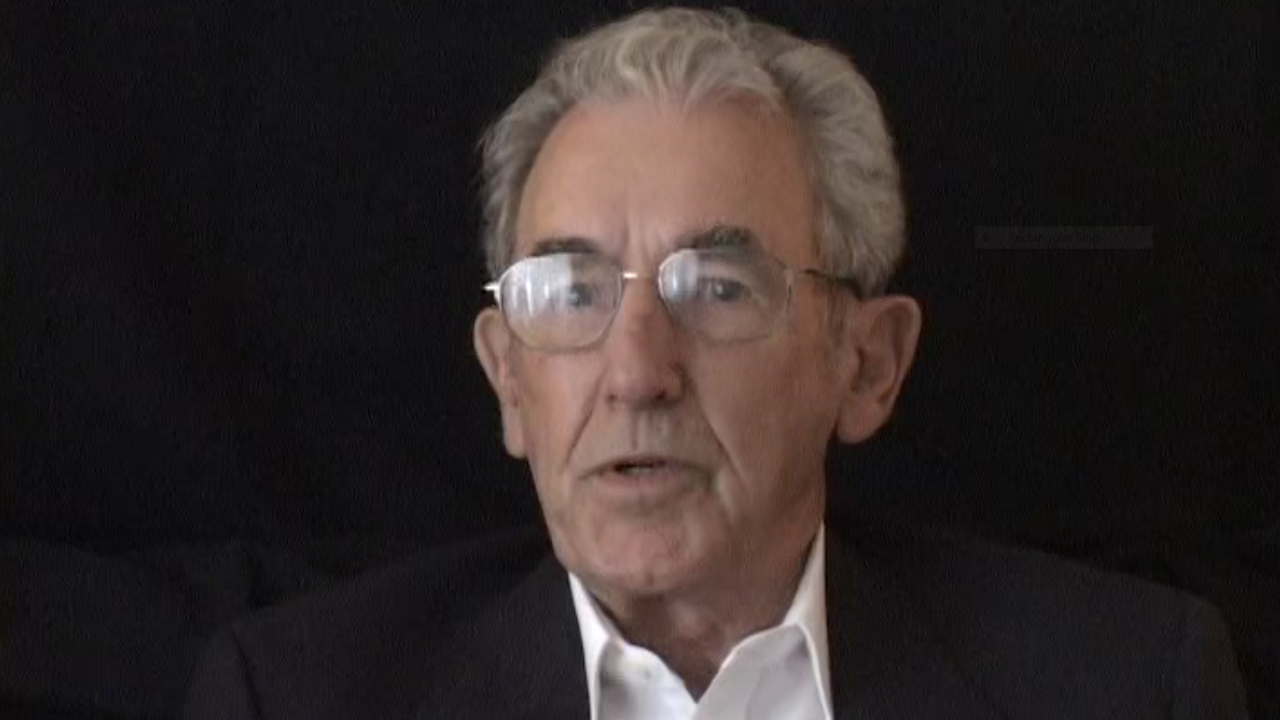Preparing for D-Day (Part 2)
Heroes Remember
Preparing for D-Day (Part 2)
The other thing that was happening at that time, I don't think
we were a part of it, maybe once, but we understood at the time
that as far as the invasion itself was concerned, that every
night there was a number of ships from different ports going,
and they would go part way to wherever they were going and then
turn around and come back again and it was our understanding
that at that time as part of the security and a part of the
fooling of the Germans that this was happening every night. I
think we only took part in one operation of that nature. But
the, it was amazing that we had a few air raids in the thing,
but all during that period in the Solent and other ships, I mean
there was hundreds of ships there and around and moving and
there was very, very little German air activity, some, but very
little, which was surprising to us. But, of course the RAF had
command of the air then and later in the invasion itself, which
was very fortunate because we thought
it would be a lot worse than it was.
We were all in anticipation and really you know we'd waited so
long everybody was relieved when we started to move. It was on
the evening on the 5th of June, about 8:30 in the evening we, in
our particular case, we hoisted our anchor and
moved out of the Solent and headed south.
Related Videos
- Date modified:





